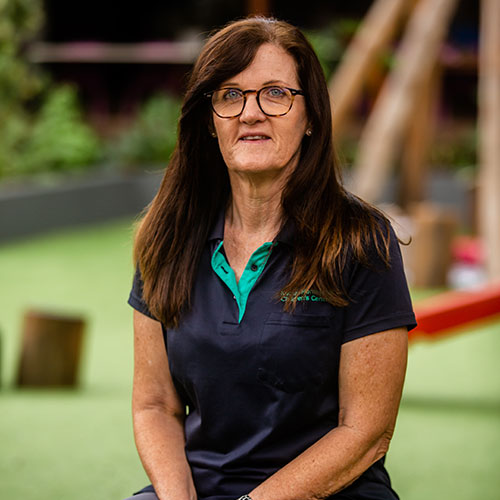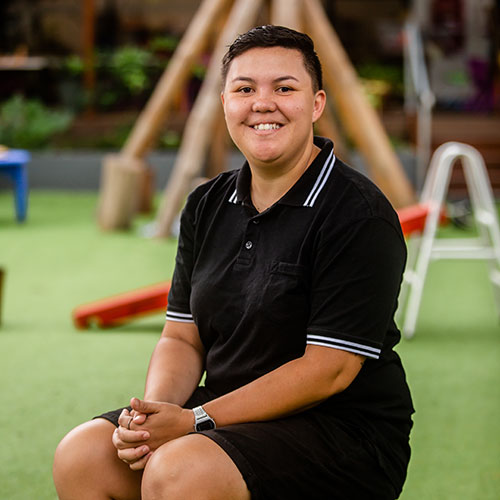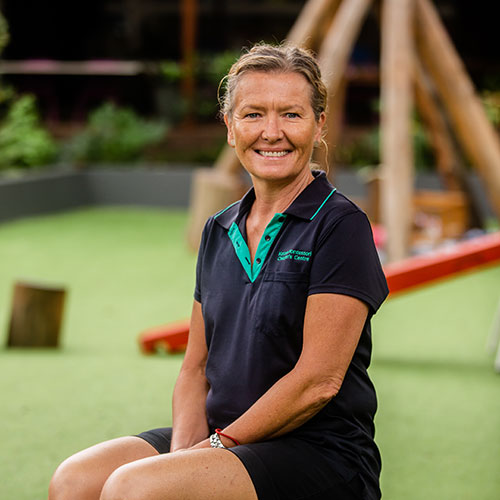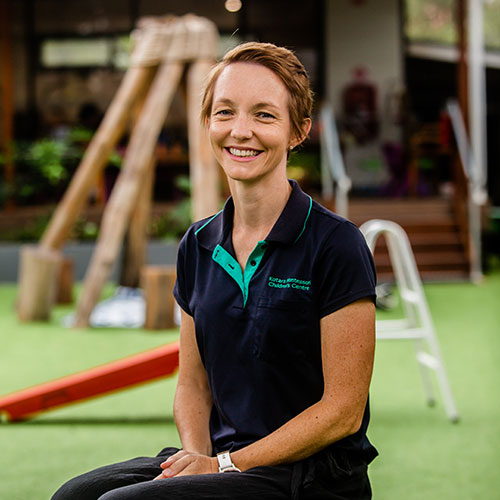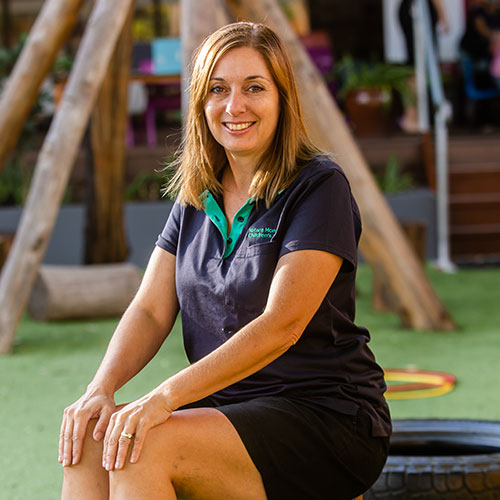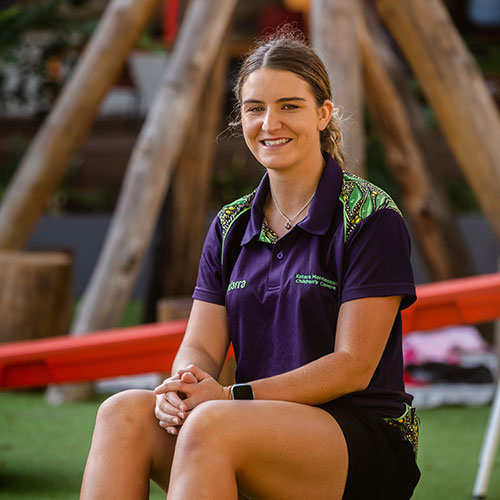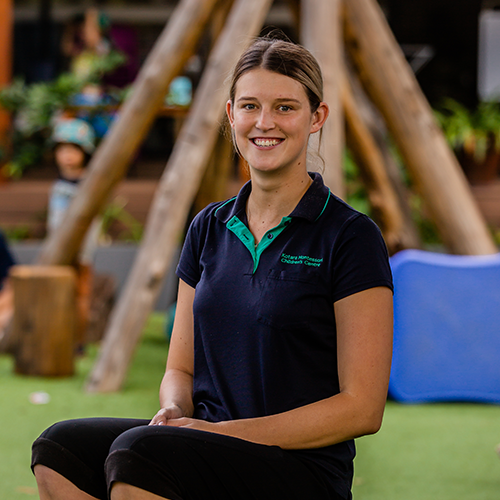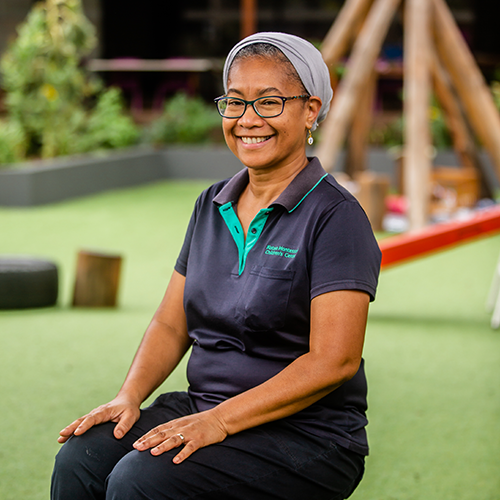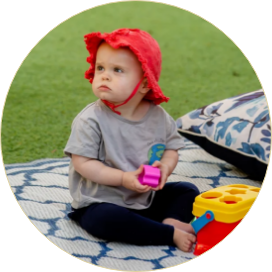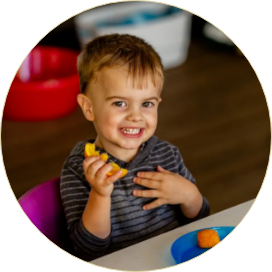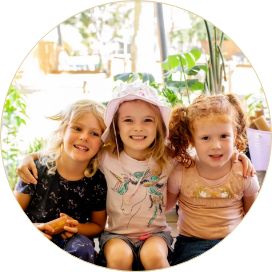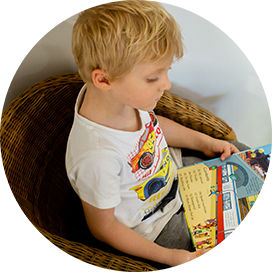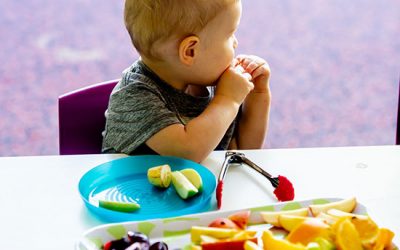Practical Life At Home
There are many easy ways you can support ‘Practical Life’ in the home. This article will help you utilise and reinforce Practical Life skills and activities with your child.
One of the most simple and convenient ways to encourage Practical Life skills and activities to invite your child to engage in the everyday jobs that are carried out in the home each day.
In the home, you can make available everyday utensils such as graters, peelers, spoons and measuring cups. Depending on your child’s age it is likely they will be familiar with a range of materials through spooning and pouring activities, and also those using tongs, tweezers, and small jugs. This means your child will have some level of control over spooning, pouring and moving a variety of materials and liquids between containers. You might not have utensils exactly the same as those you’ve seen at Kotara Montessori but you will have a range of materials available that can closely mimic and support the jobs your child may have engaged in at the centre.
Invite your child to help with snack and meal preparation
You might like to invite your child to assist with cooking by measuring out spoonfuls or cupfuls of ingredients. Not only will your child be working on their fine motor skills, muscle development, concentration, confidence and independence, they will also be reaping the benefits of such a sensory experience, providing opportunities for taste, smell and touch of a variety of ingredients. This is also a great way for your child to have experiences with new flavours and meals, and opens up conversation about nutrition and the unique ways different foods fuel our body.
Provide access to utensils and materials at a height that is appropriate, where your child can access them safely and independently
At Kotara Montessori, children are encouraged to use dustpans, brushes and brooms, to tidy spills, as well as sponges and towels for cleaning and drying any liquid messes. This can easily be replicated in your home and your child will feel the freedom of self-reliance. Cleaning up a mess is not seen as a form of discipline or punishment. Spills and messes are a part of life, and being able to clean it up supports the development of independence, resilience and confidence.
Organise the area
Children have a natural desire for order, but to be comfortable and able to nurture this, the environment needs to be prepared in an appropriate way for their ease of access. Children need to be able to reach things and view things. You can invite your child to help organise a particular space so that it makes sense to them. In this way they will have some ownership over where the objects belong, and have a higher chance of later remembering where to return them.
You might find that your child is comfortable with the use of trays and mats as these are items they are familiar with using through the centre. If this is the case you may have objects around the house such as odd containers, small boxes and baskets that can be used as a guide at home. A tray can help your child to pack up the components of activity and put it back where it belongs when they have finished. You might have small blankets or other materials around the house that can be used to create a visual cue of where their space begins and ends, helping to focus in their field of vision and keep track of the materials they are using.
Complete a house audit
It is likely you have a huge array of materials around your house just waiting to be utilised by your child. Practical Life activities are often nothing more than simple, everyday motions, using common tools, that need only a little imagination and time spent preparing. Go through your cutlery drawers and toolboxes and see what you already have laying around. It’s likely that you can make use of these materials and provide some practical activities for your child, without needing to buy any toys or games from a store.
Some key points to remember:
Make activities achievable – A Practical Life tray provides the opportunity for a new skill to be mastered or refined. A task can be challenging, but not so challenging that the child is set up to fail. You might like to give the activity a go so that you know that different components work.
Create opportunities for repetition – a child will repeat an activity over and over when they enjoy it, and when it taps into an area of development relevant to them at that given time. Being able to repeat the activity or the movements, allows the child an immense feeling of satisfaction. If the child can reset the tray independently and repeat the activity, the opportunity to become absorbed is increased, and concentration further developed.
Establish the activities purpose – practical life activities increase concentration and refine fine motor skills and improve muscle coordination, but the foundation of practical life activities is to prepare a child to succeed in real life daily tasks. You might be able to see areas where your child could do with some help. You can prepare activities to help refine skills in these particular areas.
Safety is key! No activity should be prepared and made available unless it is safe for the child.
Some other daily tasks to invite your child to engage in
- Folding the clothes, putting clothes away
- Packing away groceries
- Getting dressed/undressed
- Replacing the toilet roll
- Changing the bathroom towels
- Brushing teeth – putting the toothpaste on
- Washing hair
- Washing and drying dishes, packing dishes away
- Setting the table and packing away
- Making the bed
Now is the fun part! Add your own personal touch to your montessori-inspired at home activities, uniquely prepared for your own child. We’d love to see what you and your family set up at home, and you might be able to inspire other families! Please share your photographs, videos and personal stories on our Facebook group.
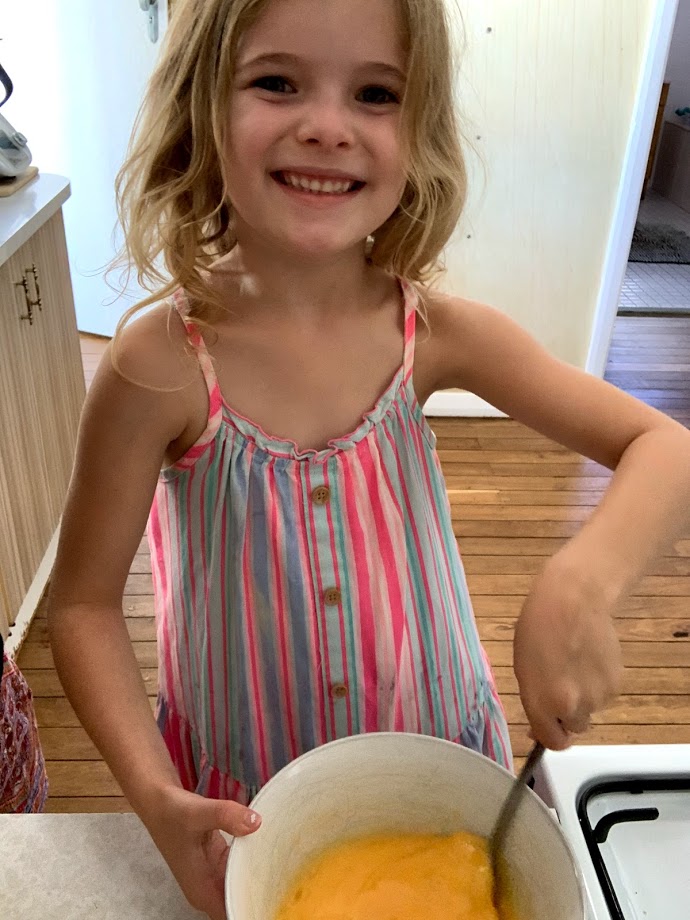
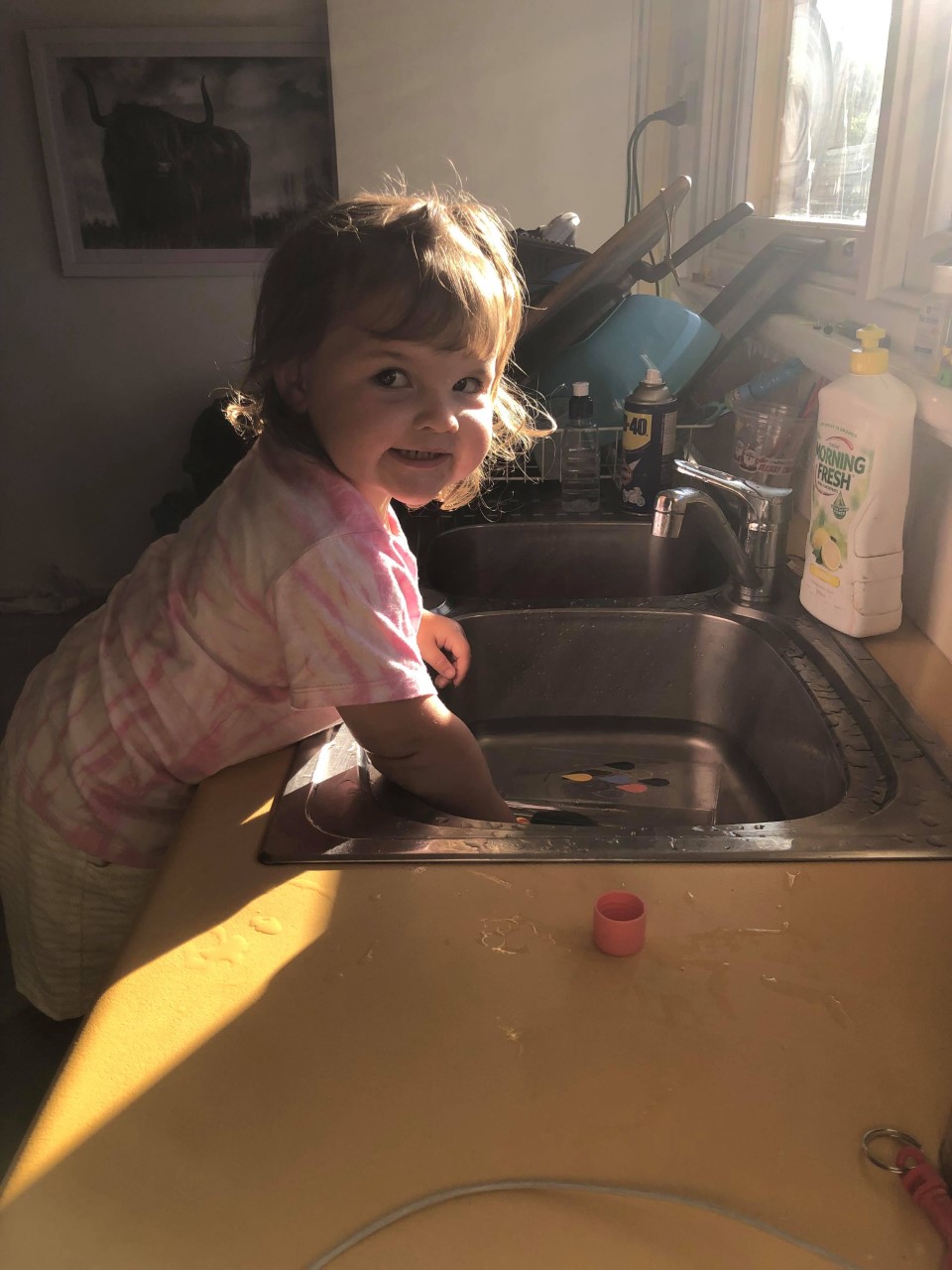
“Education is a natural process carried out by the child and is not acquired by listening to words but by experiences in the environment.”
– Maria Montessori


